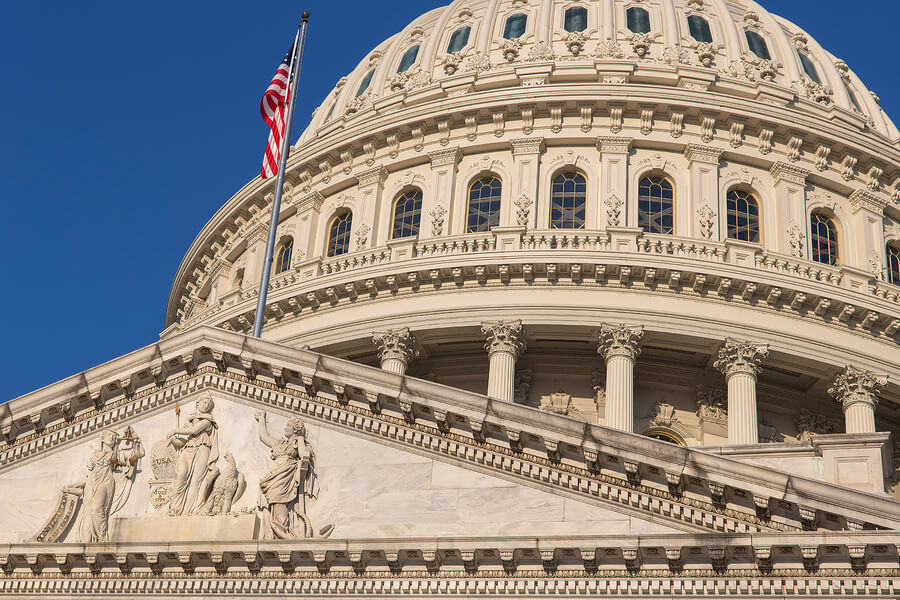Medicare doesn’t pay for everything. One of the big financial challenges of Medicare is the out-of-pocket cost, which can be a surprise if you’re not ready for it.
How much you’ll pay and when depends on the kind of Medicare you have. Traditional Medicare, operated by the government, provides care on a fee-for-service basis. Medicare Advantage is sold and serviced by private insurance companies and works on a managed-care model.
Traditional Medicare doesn’t have an annual out-of-pocket limit for outpatient and hospitalization services. You’ll want to consider purchasing a Medigap or supplemental insurance policy. These policies are marketed and serviced by private insurance companies.
Medicare Advantage plans typically come with their own out-of-pocket limits, which can be high, depending on which one you pick. They range from $5,000 to $9,000. The out-of-pocket protection varies with the plans. If you find yourself with a serious medical condition, the out-of-pocket cost can make it difficult or impossible to afford the care you need.
While the Inflation Reduction Act of 2022 imposes a $2,000 cap on out-of-pocket spending for drugs paid for through Part D Medicare plans, we’re sure this is going to be challenged at some point in the near future. Pharmaceutical lobbyists are a powerful force.
Deciding whether or not to go with traditional Medicare or Medicare Advantage should be based on more than up front costs. While Medicare Advantage offers one-stop shopping and claims to offer extra benefits, they come with serious limitations. You can only use a doctor who is in network, prior authorizations are required, and promised benefits are often limited to those who accept their plans.
Traditional Medicare offers the widest access to health providers, with only a few medical services requiring prior authorization.
There are definitely tradeoffs to consider between Medicare programs and you’ll need to do your homework, regardless of which plan you chose. In the meantime, buying a Medigap policy may be a wise decision to cover your healthcare costs, especially if you, like most seniors, live with a chronic condition of one kind or another.
Medigap premiums vary, but the benefits offered are standardized across insurers and across the country. They all cover hospital coinsurance—the cost you pay after meeting the deductible. Many cover all or part of the hospital deductible for Medicare ($1,676 in 2025). Medigap also covers all or part of the 20% of physician fees once you meet the Medicare Part B deductible, which is $257 this year. Some even cover the cost-sharing in skilled nursing facilities.
The best time to buy a Medigap plan is when you first sign up for Medicare Part B, which covers doctor visits and outpatient care. This is when Medigap is not allowed to reject your application or charge a higher premium for any pre-existing conditions. It’s called “guaranteed issue” and this is available during the six month Medigap Open Enrollment Period. The time starts on the first day of the month in which you are 65 years old or older and enrolled in Medicare Part B.
After this time period ends, most Medigap plans can reject your application or charge higher premiums because of pre-existing conditions except for four states: Maine, Massachusetts, Connecticut and New York.
Deciding whether to go with traditional Medicare or Medicare Advantage can be overwhelming, as there are so many different variables. What kind of out-of-pocket costs do you anticipate? What kind of medications do you take every day? A thorough review of your recent medical needs should be done in tandem with a review of the plans you’re considering.
One thing to consider: people enrolled in traditional Medicare with supplemental Medigap policies are the least likely to report trouble managing their healthcare costs because they have the greatest level of protection.
If you have questions, we invite you to call the office. We often review Medicare decisions with clients as part of their estate plan. We don’t sell insurance, but our experience with these insurance plans allows us to make worthwhile recommendations to clients.
Reference: The New York Times – “Bridging the Medicare Cost Gap: Know Your Options”










